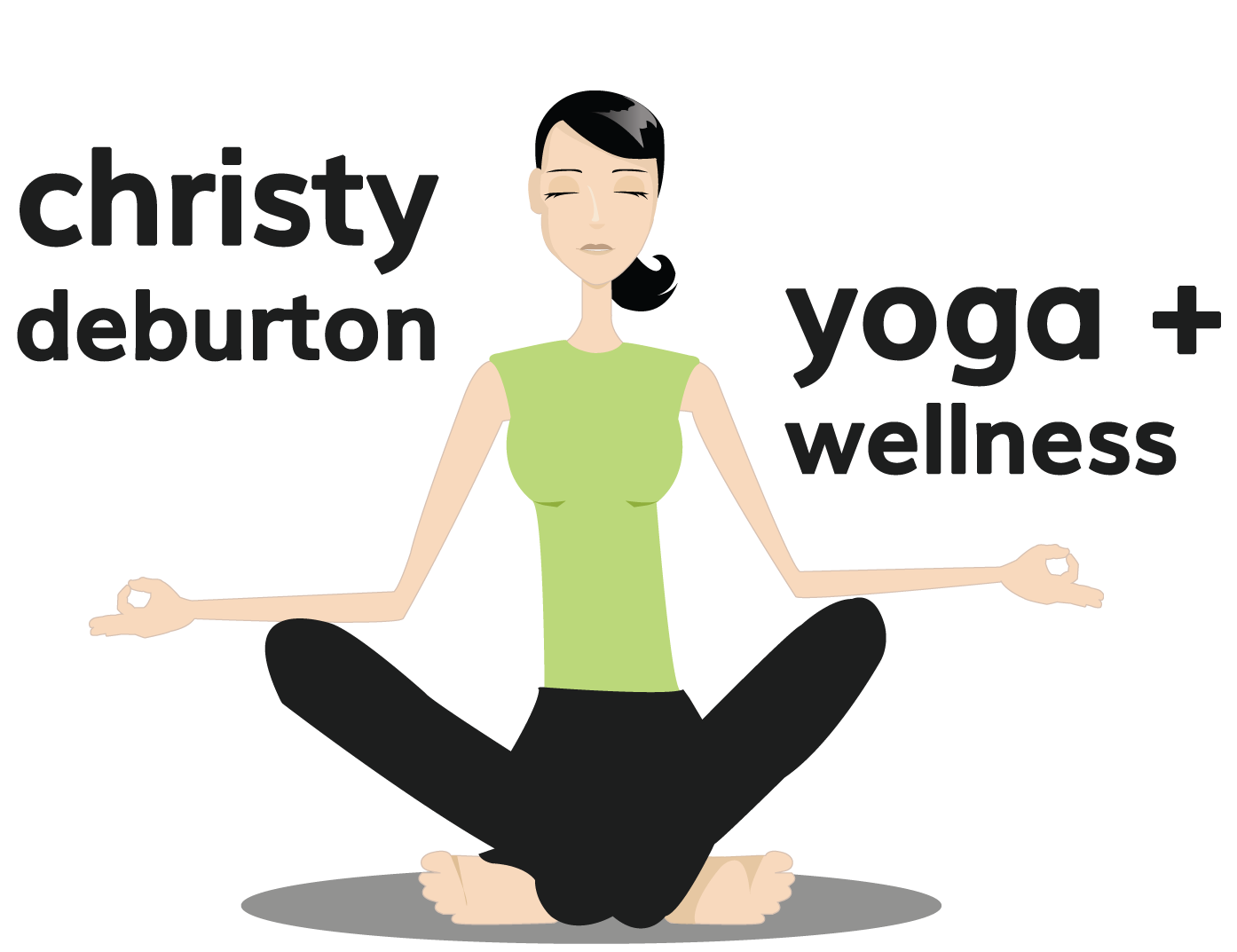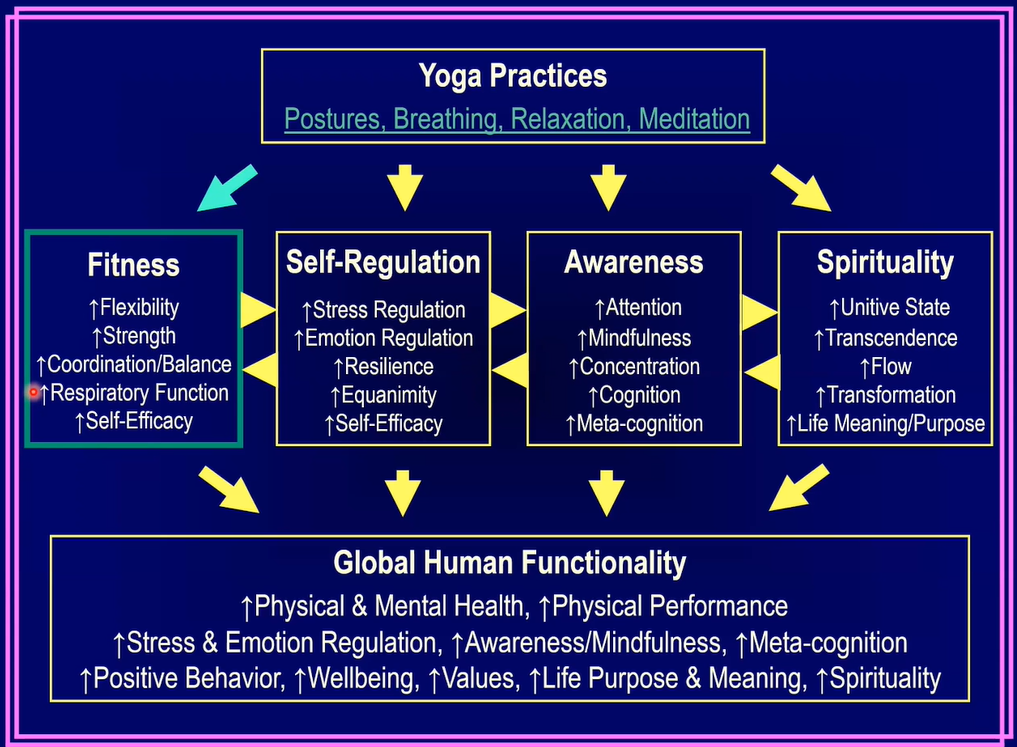The research is in! For ages people have been espousing the benefits of yoga and meditation–but without having any scientific proof that they actually work. Luckily, that has been changing in the past decade. I recently attended an online conference on Yoga + Neuroscience where a number of scientists presented their research on yoga and meditation for stress, burnout, neuropathy, stroke recovery, neurological diseases and trauma. While some of the science behind the conference was a bit above my pay grade, the bottom line was very clear: research shows that yoga, meditation, breathing techniques and conscious relaxation work. Read on to find out how.
Some Alarming Statistics
During the conference, Sat Bir S. Khalsa, PhD, associate professor of medicine at Harvard Medical School and director of yoga research for Yoga Alliance, shared some statistics from the CDC: 6 in 10 US adults have a chronic disease such as obesity, heart disease, cancer, lung disease, stroke, Alzheimer’s, diabetes, and chronic kidney disease. Risk factors for these diseases include physical inactivity, an unhealthy diet (high-fat, processed, sugary foods), unhealthy behaviors, and an epidemic of chronic stress in this country. (In fact, a whopping 27% of Americans say they’re so stressed on a daily basis they can’t function.) According to a NIH study, only 23% of Americans eat healthy, 40% are active, 40% have a healthy weight, and 50% are emotionally resilient. What is the fix for these alarming statistics? According to Dr. Khalsa, prevention is the key–and the younger you do it, the better your results.
However, the problem is that so many people are unaware that they’re chronically stressed or partaking in unhealthy behaviors due to a lack of mind-body awareness in our society as a whole. (How can people take care of their stress if they aren’t even aware they are stressed?) This is where the research shows that yoga, meditation and other mindfulness practices can help.
The Yoga + Meditation Solution
Dr. Khalsa and other researchers at the Yoga + Neuroscience conference cited a number of studies they worked on that included 4 components: yoga asana (postures), pranayama (breathing techniques), relaxation and meditation. The research showed that, in 8-12 weeks of consistent yoga practice that included these 4 components, participants detected noticeable changes in lower perceived stress, anxiety, cortisol levels and heart rate, and increased relaxation. Just as important, the mindfulness that they cultivated in their yoga practices helped them make more informed, healthier choices in their daily lives.
Below are the results from a 2020 survey shared during the conference that show the percentage of people with musculoskeletal, mental health, women’s health, cardiovascular, gastrointestinal and neurological conditions that felt yoga helped them manage these conditions.
Dr. Khalsa also shared the screenshot below which shows that the practice of yoga positively influences fitness, self-regulation, awareness and spirituality which, in turn, positively influence global human functionality. For me personally, attending this Yoga + Neuroscience Conference validated what I knew in my heart all along: Not only does our yoga practice have positive effects on our own health and wellbeing; the effort we make on our yoga mat benefits the whole world.
My Recommendations for (re)starting a Yoga practice
- Enroll in my upcoming 8-week ‘Yoga Chill’ Online Course and enjoy soothing, calming yoga sequences and breathwork to help you slow down, relax and stress less.
- My 15-Minute Yoga for Busy People video course, which includes seven 15-minute videos for your Hamstrings, Core, Glutes, Neck & Shoulders, Back & Spine, Balance, and Posture.
- Private sessions can be a great way to learn how to incorporate yoga, breathwork, relaxation and meditation into your life for your specific needs.
If you liked this blog post you may also like my blog post, Is Yoga Good for Your Vagus Nerve?




 Yoga to Soothe Your Sciatica
Yoga to Soothe Your Sciatica